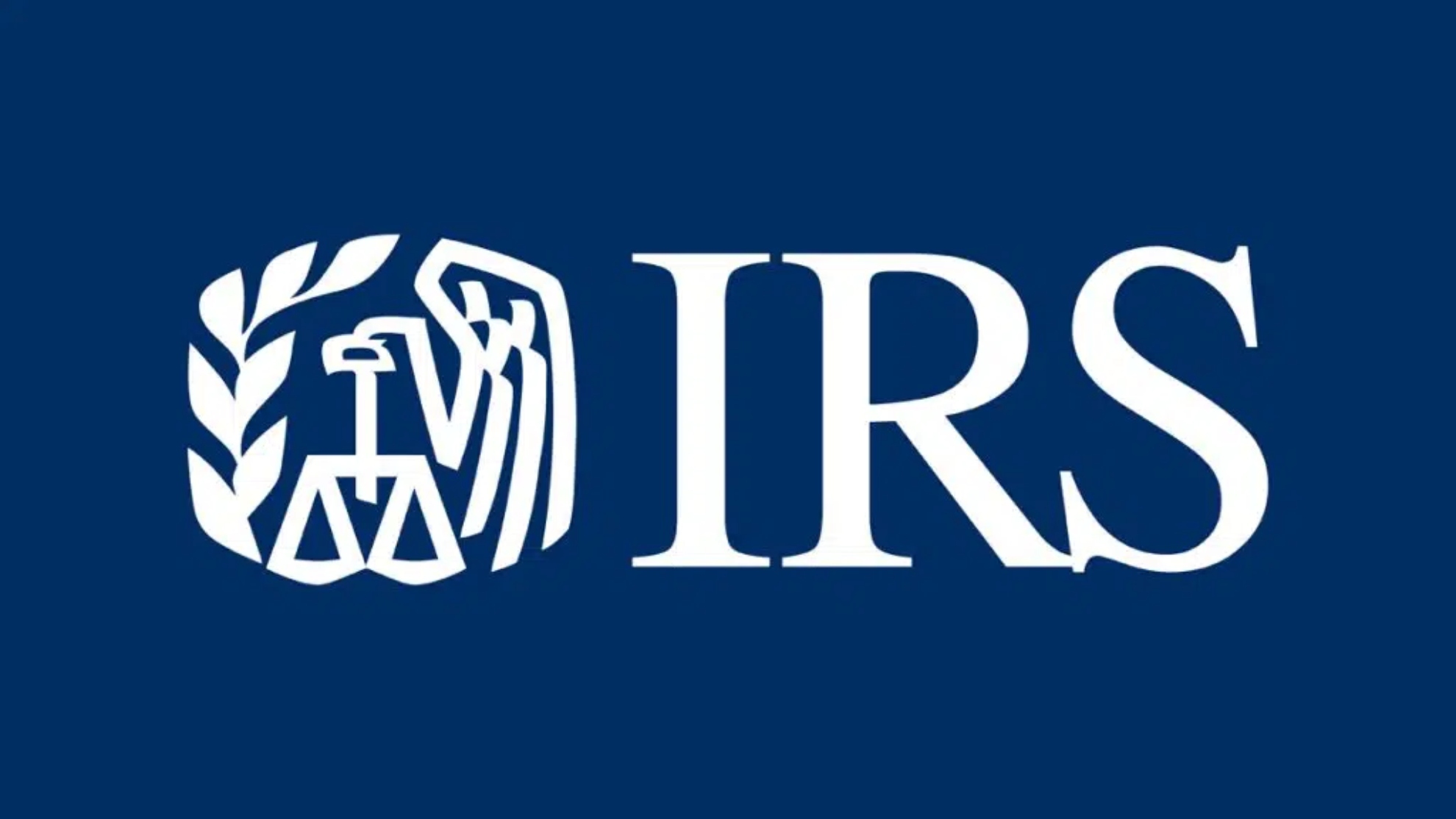The US Internal Revenue Service (IRS) in a release VA-2025-03 on 30 April 2025 announced today tax relief for individuals and businesses in parts of Virginia affected by severe winter storms and flooding that began on 10 February 2025.
These taxpayers now have until 3 November 2025 to file various federal individual and business tax returns and make tax payments.
Following the disaster declaration issued by the Federal Emergency Management Agency (FEMA), individuals and households that reside or have a business in Amelia, Appomattox, Bedford, Bland, and Botetourt counties; the City of Bristol; and Buchanan, Buckingham, Campbell, Carroll, Charlotte, Craig, Cumberland, Dickenson, Floyd, Franklin, Giles, Grayson, Halifax, Lee, Lunenburg, Montgomery, Nottoway, Page, Pittsylvania, Powhatan, Prince Edward, Pulaski, Rockingham, Russell, Scott, Smyth, Tazewell, Washington, Wise, and Wythe Counties qualify for tax relief.
As a result, affected individuals and businesses will have until 3 November 2025 to file returns and pay any taxes that were originally due during this period.
The 3 November 2025 deadline applies to individual income tax returns and payments normally due on 15 April 2025.
The 3 November deadline also applies to 2024 contributions to IRAs and health savings accounts for eligible taxpayers. This relief also applies to the estimated tax payments normally due on 15 April, 16 June, and 15 September 2025.
Penalties on payroll and excise tax deposits due on or after 10 February 2025, and before 25 February 2025, will be abated as long as the tax deposits were made by 25 February 2025.
The 3 November 2025 deadline also applies to affected businesses:
- Quarterly payroll and excise tax returns normally due on 30 April, 31 July and 31 October 2025.
- Calendar-year partnership and S corporation returns normally due on 17 March 2025.
- Calendar-year corporation and fiduciary returns and payments normally due on 15 April 2025.
- Calendar-year tax-exempt organisation returns normally due on 15 May 2025.
If an affected taxpayer receives a late filing or late payment penalty notice from the IRS that has an original filing, payment or deposit due date that falls within the postponement period, the taxpayer should call the telephone number on the notice to have the IRS abate the penalty.
















